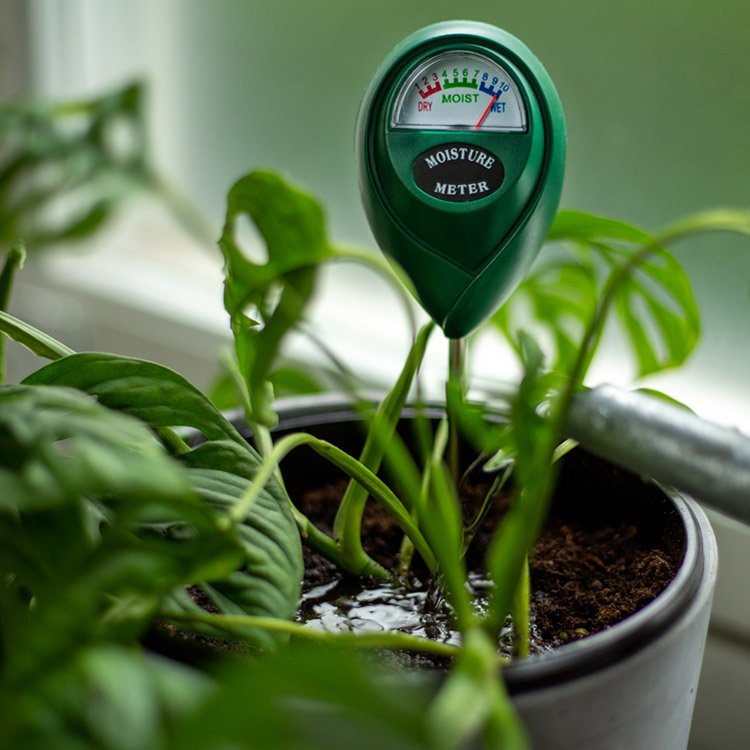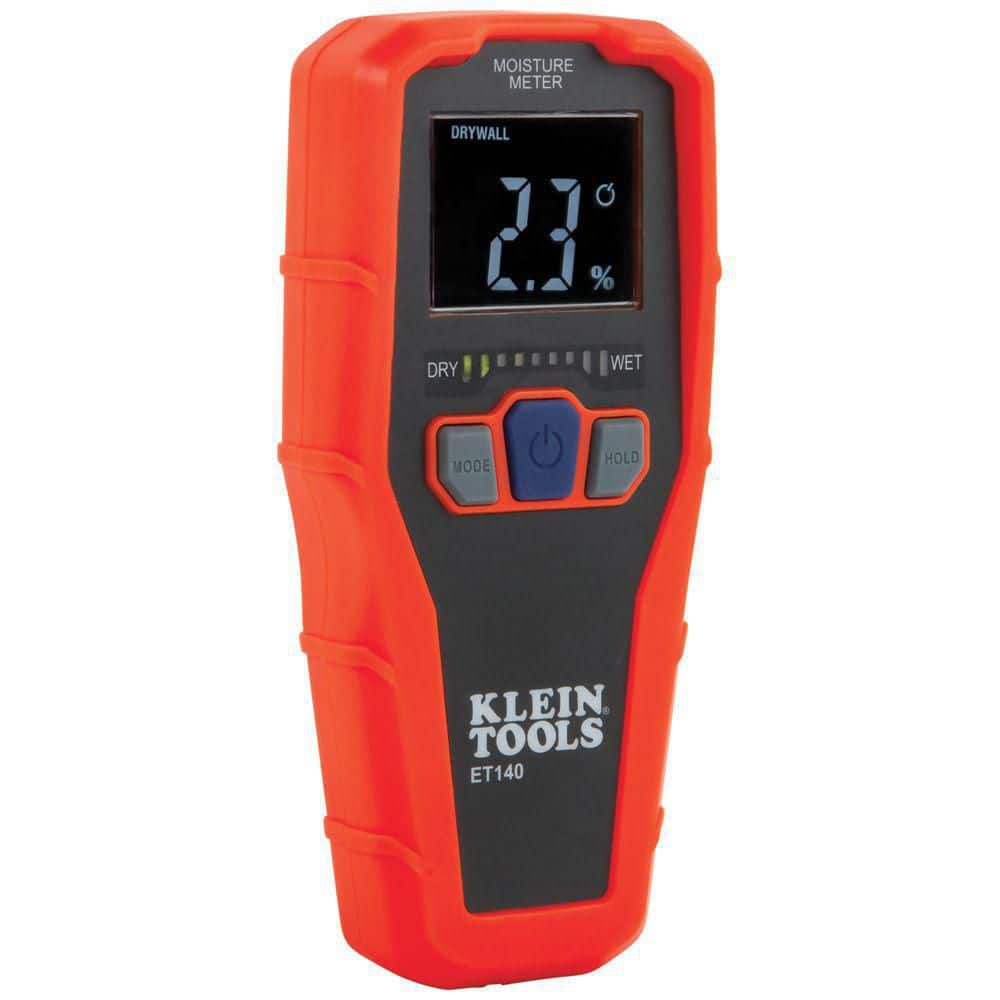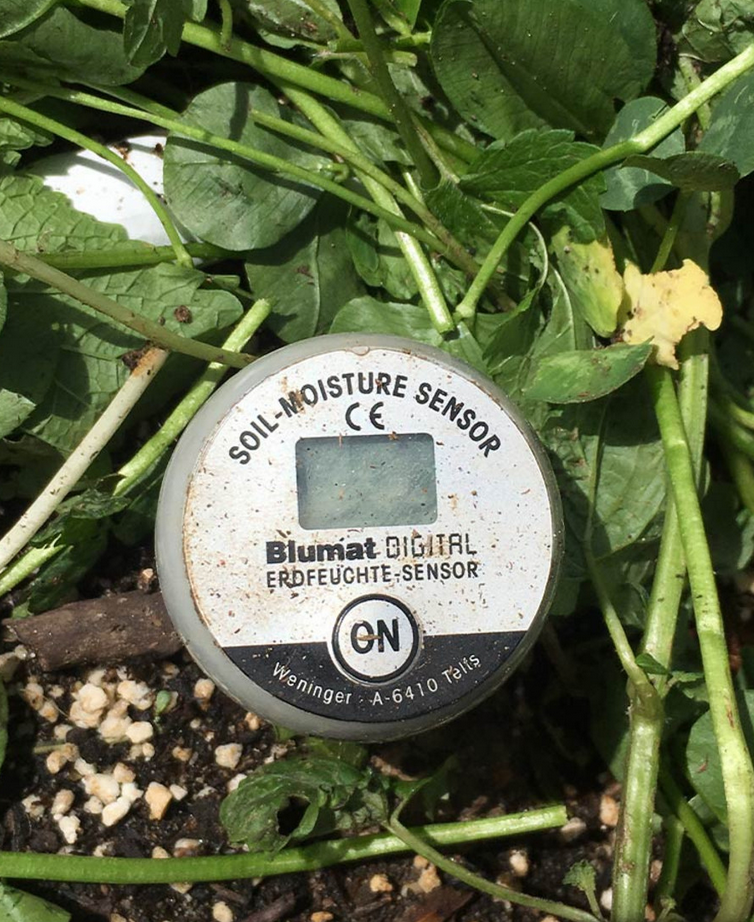The Ultimate Guide to Moisture Meters: A Comprehensive Review and Just How They Can Conserve You Money
In the world of structure upkeep, building, and various industries, the relevance of precisely determining moisture degrees can not be overstated. Moisture meters function as vital tools in spotting and monitoring moisture web content in materials, aiding in protecting against expensive damages and ensuring the top quality of products. Recognizing the subtleties of different sorts of moisture meters, their applications, and the possible cost-saving benefits they offer can be a game-changer for specialists and services alike. Discovering exactly how these devices can not just streamline procedures but likewise contribute to monetary cost savings is a journey worth starting.
Kinds Of Moisture Meters
Various types of dampness meters are offered for various applications in various markets. One usual type is the pin-type wetness meter, which measures the electrical resistance in between two pins placed right into a product. This type appropriates for timber, drywall, and other structure products. Pinless moisture meters, on the other hand, usage electro-magnetic sensor plates to scan a bigger location without causing damage to the product's surface area. These meters are perfect for swiftly analyzing moisture levels in big locations such as floorings and wall surfaces.
Moreover, there are additionally specialized moisture meters designed for particular materials like grain, hay, or dirt. These meters supply precise wetness readings tailored to the special properties of the material being tested. Infrared moisture meters measure the thermal residential or commercial properties of a material to determine its moisture content non-invasively, making them useful for applications where pin or pinless meters may not be suitable. Understanding the different sorts of dampness meters readily available can aid markets select the most suitable tool for their specific dampness dimension requirements.

Benefits of Making Use Of Moisture Meters

In addition, using moisture meters can result in boosted power efficiency. By identifying areas with high wetness degrees, such as leakages or bad insulation, changes can be made to boost power preservation and reduce utility costs. In agricultural settings, moisture meters play an essential function in enhancing crop yields by enabling farmers to keep track of soil wetness levels and make informed irrigation decisions. Overall, the benefits of using moisture meters extend throughout numerous sectors, supplying economical options and promoting much better quality control practices.
How to Pick the Right Moisture Meter
Choosing the suitable moisture meter entails thinking about key variables such as product compatibility, measurement array, and calibration accuracy. When picking a wetness meter, it's important to make certain that the meter appropriates for the particular product you will be screening. Different products have varying electric residential properties that can affect dampness readings, so picking a meter developed for your product is essential for exact results. In addition, consider the dimension range of the wetness meter. Ensure that the meter can discover moisture levels within the array required for your applications. Calibration accuracy is an additional crucial variable to bear in mind (Moisture Meter). Select a dampness meter with reputable calibration to make certain consistent and find here accurate analyses. Some meters might require regular calibration changes, so understanding the calibration process is crucial. By carefully assessing these aspects, you can pick a moisture meter that satisfies your requirements and gives accurate moisture measurements for your jobs.
Appropriate Strategies for Moisture Meter Use
To make sure accurate dampness readings and maximize the efficiency of a moisture meter, using proper strategies is vital. When using a pin-type wetness meter, insert the pins or probes into the product being evaluated till they make full call. By following these appropriate techniques, individuals can count on their wetness meter to give trustworthy wetness degrees, aiding in stopping costly damage or making certain quality in different applications.

Price Cost Savings Via Moisture Meter Applications
Exactly how can the strategic use of moisture meters check that result in substantial cost financial savings throughout various markets? Dampness meters play an important duty in cost savings by stopping potential damage and making sure top quality control in different industries. In the farming sector, moisture meters aid in figuring out the optimal time for harvesting crops, stopping over-drying or excess moisture that can affect the end product's top quality. This accurate tracking assists farmers stay clear of unneeded losses and optimize their return.

Additionally, in the food processing industry, moisture meters are important for keeping track of product quality and ensuring conformity with safety and security laws. By properly determining wetness material in food products, manufacturers can prevent perishing, keep quality, and decrease waste, resulting in significant price financial savings. In general, the strategic application of dampness meters is a beneficial financial investment that can result in substantial price decreases and improved performance throughout various sectors.
Verdict
In final thought, moisture meters are beneficial tools for determining and spotting dampness levels in various products. By utilizing the appropriate wetness meter and following appropriate techniques, customers can efficiently protect against expensive problems brought on by excess moisture. Purchasing a quality wetness meter can lead to considerable cost savings over time by determining possible concerns beforehand and allowing prompt remediation. Inevitably, moisture meters are crucial instruments for preserving the integrity and durability of frameworks and materials.
Moisture meters serve as important devices in detecting and keeping track of moisture material in materials, helping in protecting against pricey problems and ensuring the quality of products. Infrared moisture meters measure the thermal residential properties of a product to establish its dampness web content non-invasively, making them valuable for applications where pin or pinless meters might not be ideal.Dampness meters supply invaluable advantages in properly monitoring and assessing moisture degrees in varied products and atmospheres. In agricultural settings, moisture meters play a crucial role in maximizing plant returns by allowing farmers to keep track of soil dampness degrees and make notified irrigation decisions.In verdict, wetness meters are important tools for gauging and finding wetness levels in numerous products.
Comments on “Exactly How a Moisture Meter Can Assist You Preserve Ideal Conditions in Your Home or Office”